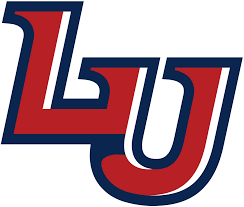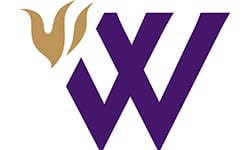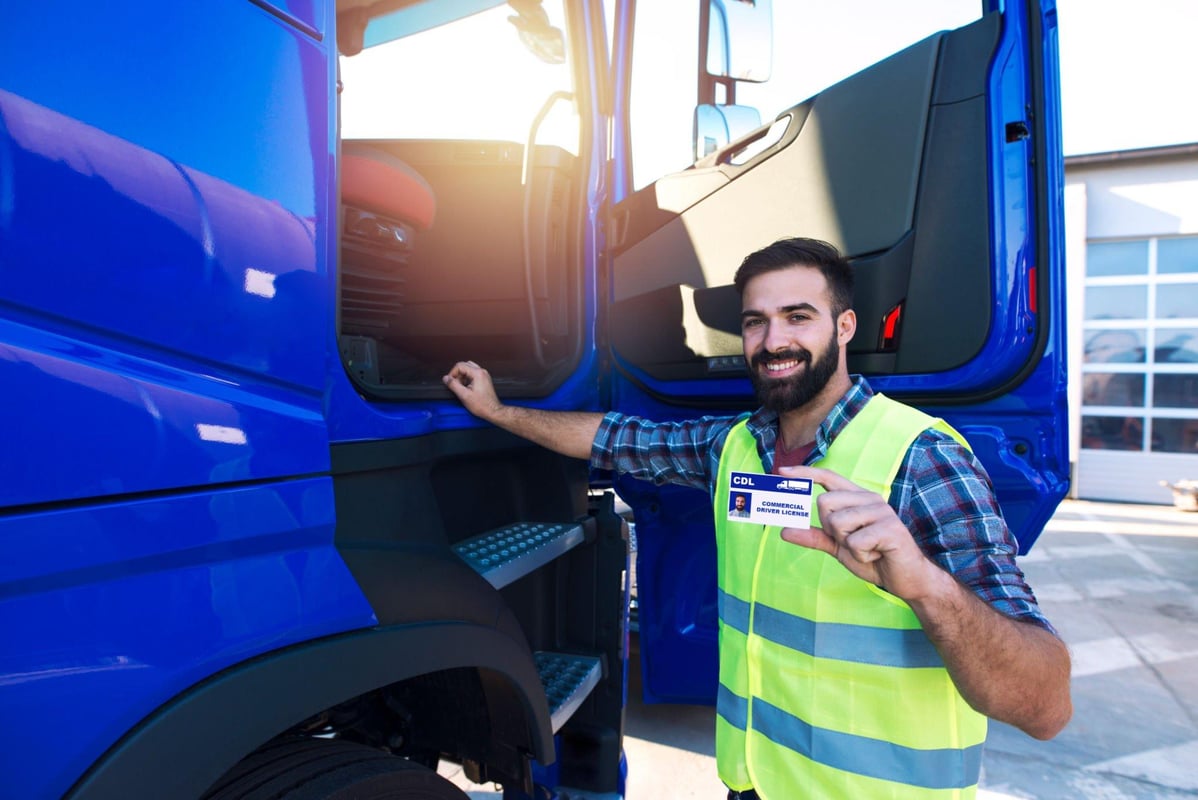CDL-B classes near me in Winston
In the Winston metro area, the average cost of a CDL-B class is $3100 and the average class length is approximately 5 weeks long
Trade and industry classes near
Winston-Salem, NC 27101Online classes
Financial aid

Liberty University Online
BS: Civil Engineering
- Online, completion in as little as 42 months.
- Option to transfer credits for up to 75% of the entire degree.

Liberty University Online
BS: Aviation Management
- Online, completion in as little as 42 months.
- Option to transfer credits for up to 75% of the entire degree.

Waldorf University
AA Occupational Safety & Health
- Online, estimated completion in 2 years for full-time students
- Covers industrial hygiene, occupational safety, and more
Programs not available on Dreambound
Center for Employment Education
Online Commercial Driver's License Class B (CDL-B) Classes
No cost info
CDL-B Classes Near Me in Winston
Introduction
If you're considering a career in commercial driving, obtaining a Commercial Driver's License Class B (CDL-B) is a crucial first step. In this blog post, we will guide you through everything you need to know about CDL-B classes in Winston. We'll cover how to find the right program, what to expect from your training, and what the certification process looks like. Let's dive in!

What is CDL-B?
A CDL-B is a type of commercial driver's license that certifies individuals to operate vehicles like buses, dump trucks, delivery trucks, and other medium-sized vehicles. It's a vital credential for those looking to work in industries like construction, public transportation, and delivery services.
Training Requirements for CDL-B
To get a CDL-B, you must first complete a training program. These classes are designed to provide you with the necessary skills and knowledge to operate a commercial vehicle safely and effectively. The exact requirements vary from state to state, but typically include:
-
A minimum age requirement (usually 18 or 21)
-
A valid driver's license
-
Passing a physical examination
-
Completing a CDL-B training course
The training course itself includes both classroom instruction and hands-on driving practice. You'll learn about safety regulations, vehicle operation, and the handling of hazardous materials.
What to Look For in a CDL-B Class
When choosing a CDL-B class, there are several factors to consider:
-
Accreditation: The program should be recognized by the state's Department of Motor Vehicles or a similar authority.
-
Course Content: The course should cover all the necessary topics, including safety regulations, vehicle operation, and hazardous materials handling.
-
Instructors: Experienced instructors can provide valuable insights and advice.
-
Hands-on Training: Practical driving experience is crucial for mastering the skills necessary for the job.
What to Expect from the Day-To-Day Class
During your CDL-B training, you can expect a mix of classroom learning and hands-on practice. Here's a rough idea of what a typical day might look like:
-
Classroom Sessions: These involve learning the theory behind commercial driving, including understanding traffic laws, safety protocols, and vehicle mechanics.
-
Practical Training: You'll spend time behind the wheel, gaining hands-on experience driving a commercial vehicle under the supervision of experienced instructors.
What Does the Certification Process Look Like?
Once you've completed your training, you'll need to pass the CDL-B test. This test is typically divided into two parts: a written exam and a skills test. The written exam covers the theory you've learned during your training, while the skills test assesses your ability to operate a commercial vehicle safely and effectively.
How to Find Related Jobs
After obtaining your CDL-B, you can start looking for jobs. Many industries require CDL-B drivers, including construction, public transportation, and delivery services. You can find job postings on various online job boards, or you can reach out to companies directly.
What Other Classes Can Someone Take After Becoming a CDL-B?
Once you have your CDL-B, you can consider additional training to broaden your skills and job prospects. For example, you might consider:
-
CDL-A Training: A CDL-A allows you to drive larger vehicles, such as tractor-trailers.
-
Hazardous Materials (HazMat) Endorsement: This endorsement allows you to transport hazardous materials.
-
Passenger Endorsement: This endorsement is necessary if you plan to drive a bus or other passenger vehicle.
Additional Topics
The Importance of Continuing Education
Even after obtaining your CDL-B, it's crucial to stay updated with the latest industry trends and safety regulations. Regular refresher courses and additional training can help you maintain your skills and increase your employability.
The Role of Physical Fitness in Commercial Driving
Physical fitness plays a significant role in commercial driving. Regular exercise and a balanced diet can help you stay alert and focused on the job. Furthermore, maintaining good physical health can help you meet the physical demands of the job.
Networking in the Commercial Driving Industry
Networking can be a powerful tool for finding job opportunities and learning from more experienced drivers. Consider joining local trade organizations or online communities for commercial drivers.
The Impact of Technology on Commercial Driving
Technology is transforming the commercial driving industry. Familiarizing yourself with the latest technology, such as GPS and electronic logging devices, can make you a more attractive candidate to employers.
Final Thoughts
Becoming a CDL-B driver can open up a range of career opportunities. By choosing the right training program and staying committed to continuous learning, you can set yourself up for a successful career in commercial driving. Remember to consider your options carefully, prepare thoroughly for your training and exam, and take advantage of resources like how to become a truck driver in North Carolina to guide your journey. Good luck!
Dreambound's extensive guides dig into the specific requirements and challenges that are different for each city in the US. Check out some of our other guides below:
- How to Become a School Bus Driver in Florida
- How to Become a School Bus Driver in Louisiana
- How to Become a School Bus Driver in Massachusetts
- How to Become a School Bus Driver in Pennsylvania
- How to Become a School Bus Driver in Texas
Exploring diverse professional options? Dreambound has comprehensive guides to assist you in making well-informed decisions. Take a look at these resources:
FAQ
What is Dreambound?
Dreambound's platform has the largest number of options for students to find career & technical education. While we can't guarantee any career outcomes, our mission is to provide you with the information you need to find a program that helps you start your new career journey.
What programs do you offer?
Dreambound has over 70 programs across healthcare, technology, business, and industrial trades. This includes programs such as Medical Billing, Cybersecurity, and welding.
Do you offer financial aid?
Some of our schools offer financial aid for those who qualify. Many others offer payment plans, where you can pay the cost of class over time.
Is it possible to do online classes?
Yes, Dreambound offers many online programs. On Dreambound's search, you can filter by online, in-person, and hybrid (part online, part in-person).
